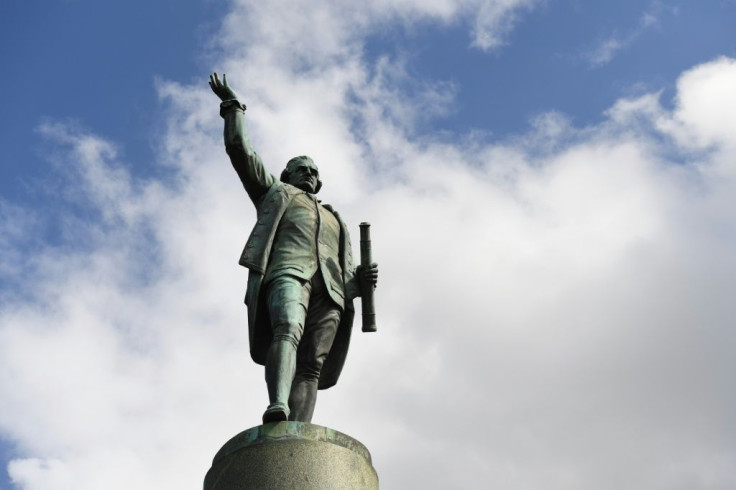Britain's 'Regret' At Maori Killings When Cook Landed

Britain's top diplomat in New Zealand made a low-key "expression of regret" to Maori on Wednesday over deadly clashes that occurred when Captain James Cook's arrived in New Zealand 250 years ago.
British High Commissioner Laura Clarke travelled to the North Island town of Gisborne for a ceremony with the Maori iwi, or tribes, who Cook met when he landed in October 1769.
The explorer's arrival sparked a series of skirmishes in the following days that resulted in nine deaths and is still recalled with anger by locals.
In a statement posted on its Facebook page, the Rongowhakaata Iwi Trust said the ceremony with Clarke was to acknowledge the hara, or atrocities, committed 250 years ago.
"Cook and his crew landed on the banks of the Turanganui river at 4pm, within 30 minutes they had opened fire and (local chieftain) Te Maro was dead," it said.
"Our whanaunga (relative) was the first casualty of The Collision."
It added: "After only being here for two hours, Cook and his crew had trespassed, terrorised, killed and stolen from us."
The British High Commission issued a brief statement about the event but refused to provide further details, saying it was a "private dialogue between the envoy and the iwi.
"The expression of regret responds to a request from the local iwi for this history to be heard and acknowledged," the statement said.
"The British High Commissioner will acknowledge the pain of those first encounters, acknowledge that the pain does not diminish over time, and extend her sympathy to the descendants of those killed."
Local media reported British officials had "sworn the iwi involved to secrecy" and carefully avoided framing the statement as an apology.
However, New Zealand's race relations commissioner Meng Foon, a former Gisborne mayor, had no such qualms.
"It's a significant day today... I hope that the apology or message will acknowledge the murder of nine Maori from Turanganui-a-Kiwa (Gisborne)," he told Radio New Zealand.
"I hope they both can move forward and tell our history."
On three epic voyages, Cook helped chart the vast Pacific Ocean more than any other, making him one of the most celebrated explorers of his era.
But his legacy has been questioned by many modern scholars amid accusations that his "discoveries" led to colonialism and the devastation of the traditional societies he encountered.
© Copyright AFP 2024. All rights reserved.





















